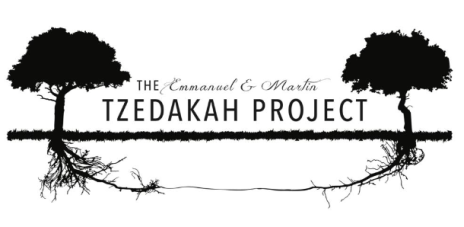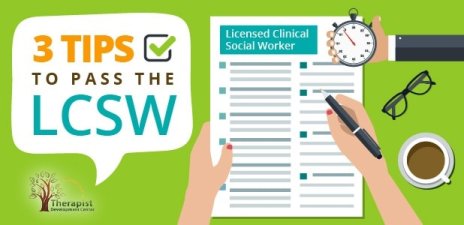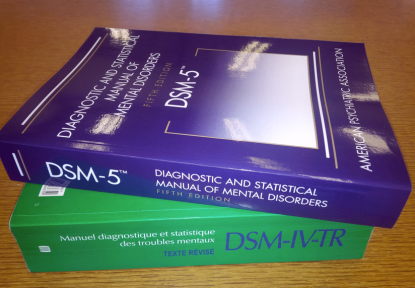ASWB Exam Study Guide
DSM 5 Changes: How the DSM 5 compares to the DSM IV
What's new in the field of mental health? The DSM 5! And while we all transition from the DSM IV to the DSM 5, it is good to take a look at what has changed. If you are preparing for the Social Work Exams or MFT Exams, the ASWB, the BBS, and the AAMTRB have all announced that the DSM 5 will not be tested until 2015.
5 Things Every Social Work Graduate Should Know
Have you received absolutely no training as far as planning your social work career is concerned? If this is the case then you are not alone. I had the idea of creating this blog post after speaking to an MSW who was about to graduate from her program at USC, here in Los Angeles where I live, and while I was talking to her it became clear that while she had gotten good clinical training in her graduate program, she had no training in how to plan for her own career. One of the things we aim to do at my company, the Therapist Development Center, besides helping people pass their social work exams, is to actually provide support to therapists throughout their careers. By support I mean giving essential information that is very practical – practical advice. So in this post I want to go through some of the key things that I wish I had known and have learned since I have been out in the field for the past almost 10 years now. The following five points are things I think every social worker should know when they graduate from their MSW program.
Free LCSW Practice Exam
No one wants to think about malpractice...I know I don't! But we have to -- it's a risk that we take when we choose to enter a profession whose focus is helping others. One of the most important ways you can protect yourself against malpractice is through the process of informed consent. Of equal importance, this process also (hopefully) protects the client from inadvertently or unknowingly entering into a situation that could lead to uncomfortable emotions, pain, regression, etc.










